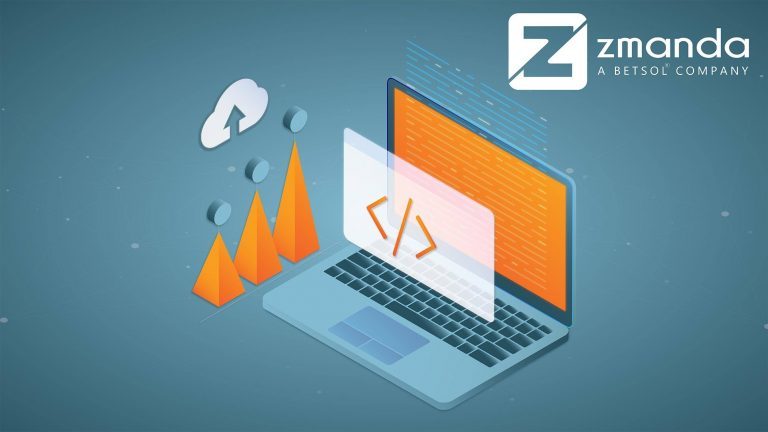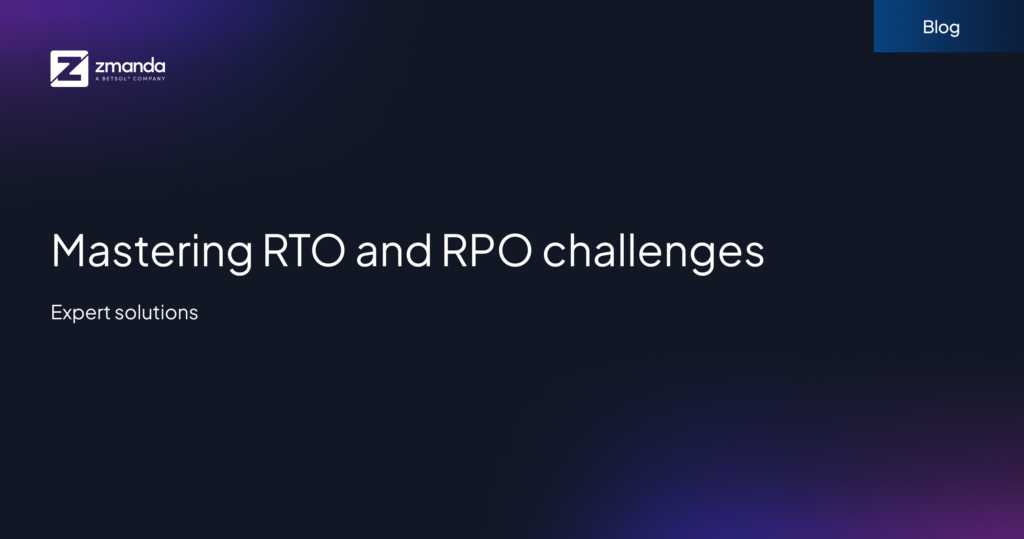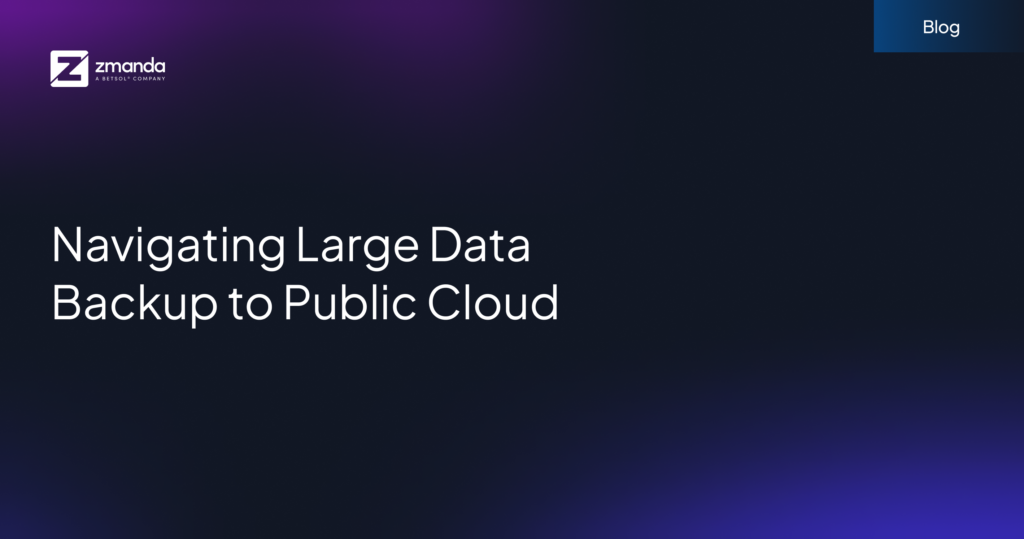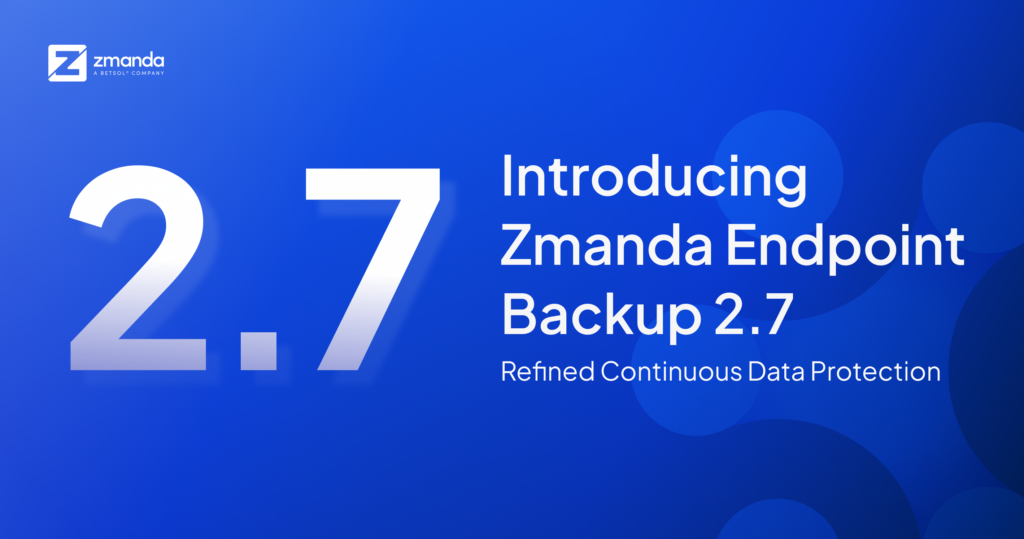
Open-source is on everyone’s mind now! Why is it so? When you select technologies, it simply means committing to solutions that will support an active, growing business in the long run.
Converting to open source requires careful consideration and foresight. Betting on the wrong horse leads an enterprise to significantly higher development costs and reduced flexibility.
While looking for new and innovative ways to conduct business, companies have had to rethink and enhance the way they create, deploy, and use software assets. It can lead to even reconsidering their whole IT infrastructure. Here is where open source comes into the picture. It ushers greater reliability, high quality, lower costs, more flexibility, etc.
A great deal for business.
What is Open Source?
The term “open source” refers to something people can modify and share, as its design is publicly accessible. Software developed within a community is known as open-source software. Everybody can use, change, and distribute the code.
Let’s Have a Look at the Advantages of Open-Source:
1. Community:
Great open-source software always has a vast and tight community that aims to make it even more reliable, flexible, and popular. When several brains work together, the output has to be really outstanding. Community developers love what they do, motivated by peer recognition, which in turn assurances their high-quality work and goal towards an effective, simple, and maintainable product.
Thus, often open-source tools extremely functional, reliable, and secure, also any bugs found are often fixed within hours. A great community behind a product is a great factor on its own when considered switching from the proprietary software.
2. Quality:
Which software package you think is better? The one created by a handful of developers or the one created by thousands of developers? Just like there are countless developers and users who work towards improving the security of open-source software, the same way, there are many innovating new features and enhancements to those products.
In short, open-source software is close to what the users look for as they can have in making it too. So it’s no more vendors who give what users want; instead, it’s the users and developers who make what they want and that too pretty well.
3. Transparency:

On the contrary, proprietary code produced in secrecy might come with unwelcome surprises and unforeseen limitations. With the help of open source, you are aware of lock-in risks and hence can see what you are getting.
4. Reliability:

It’s not just one team within one company, but a worldwide community is supporting a codebase that develops code on online forums, guided by experts. The output is obvious to be extremely robust, tried, and tested code. This is one of the reasons why open source code is being rapidly adopted across major enterprises.
5. Better security:

6. Interoperability:

Also, if you don't want to be limited by proprietary data formats, open-source software is definitely the one to choose.
7. Cost-effective:

8. Freedom from lock-in:

Carefully choose the open source solutions, as there are providers who repackage open-source software to include proprietary hooks.
9. Support Options:

Learn about the Amanda Open-Source Software here.
Wrap-Up!
Today, everyone including small businesses, micropreneurs, and IT professionals’ value commercial open source for quality, business continuity, control, and control.
Open source technology is finally evolving as a dominant force, in all ways, when compared to traditional models put in place by past sellers offering expensive, exclusive programs.
It's high time to free yourself, and go for open-source!
Also, be sure to check out 5 Reasons Why You Need an Impenetrable Data Backup and Recovery Plan
Reference:
“What Is Open Source?” Opensource.com, opensource.com/resources/what-open-source.
“5 Advantages of Open Source Software.” Tech.co, 16 Oct. 2015, tech.co/news/5-advantages-open-source-software-2015-10.
Bromhead Feed, Ben. “10 Advantages of Open Source for the Enterprise.” Opensource.com, opensource.com/article/17/8/enterprise-open-source-advantages.
Noyes, Katherine, and Katherine Noyes. “10 Reasons Open Source Is Good for Business.” PCWorld, PCWorld, 5 Nov. 2010, www.pcworld.com/article/209891/10_reasons_open_source_is_good_for_business.html.




